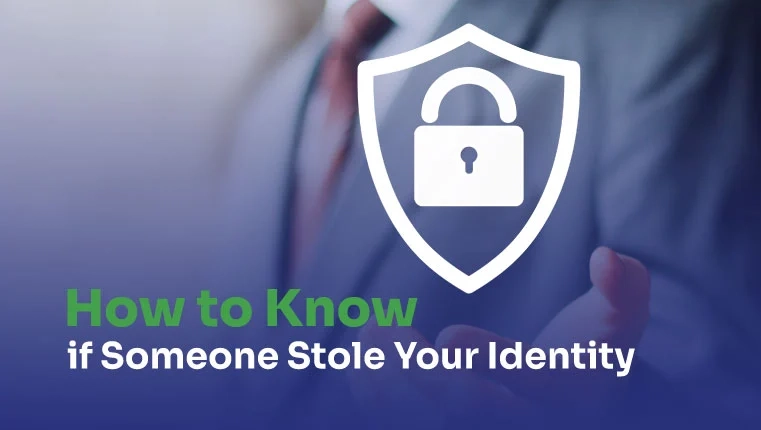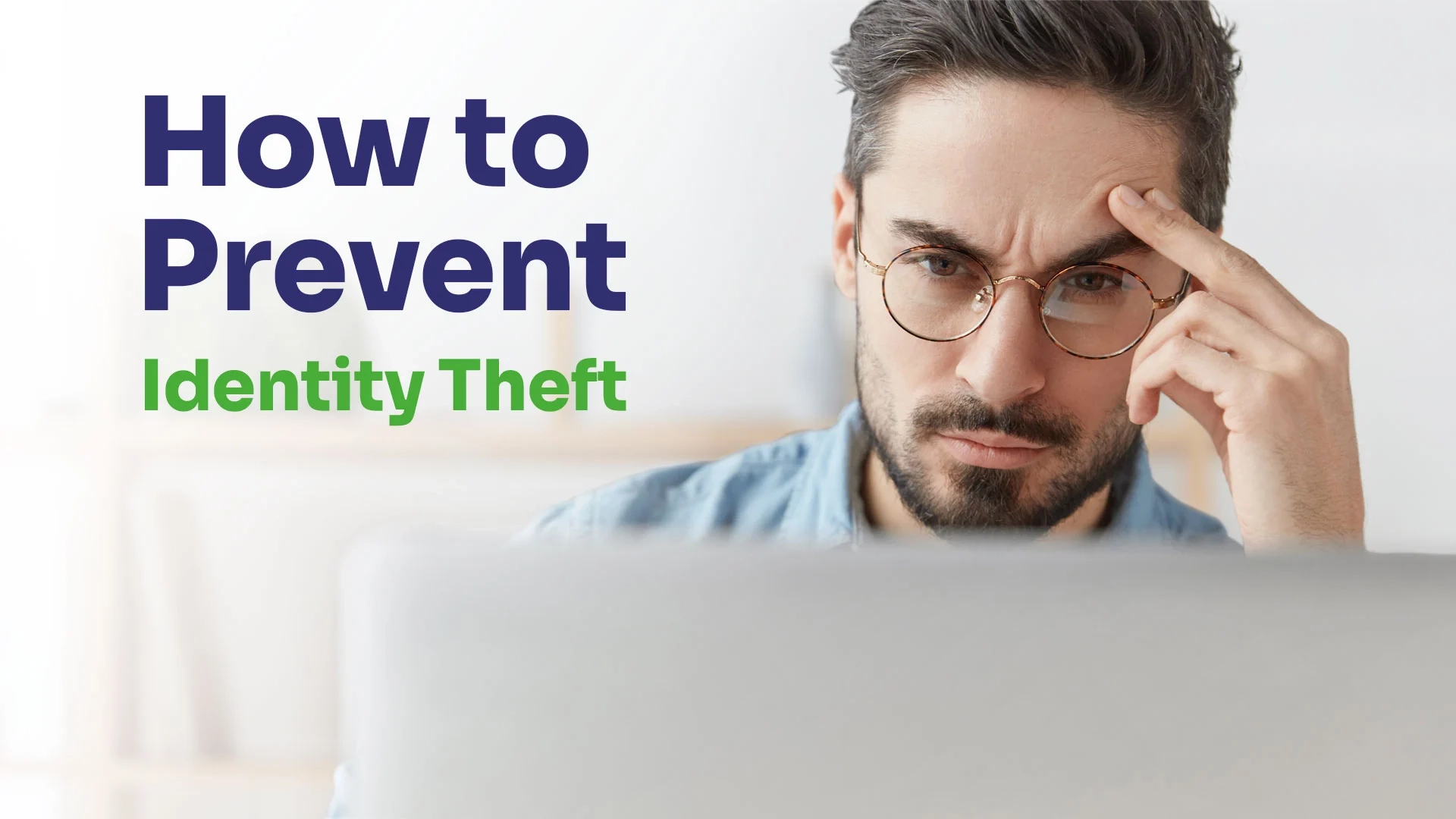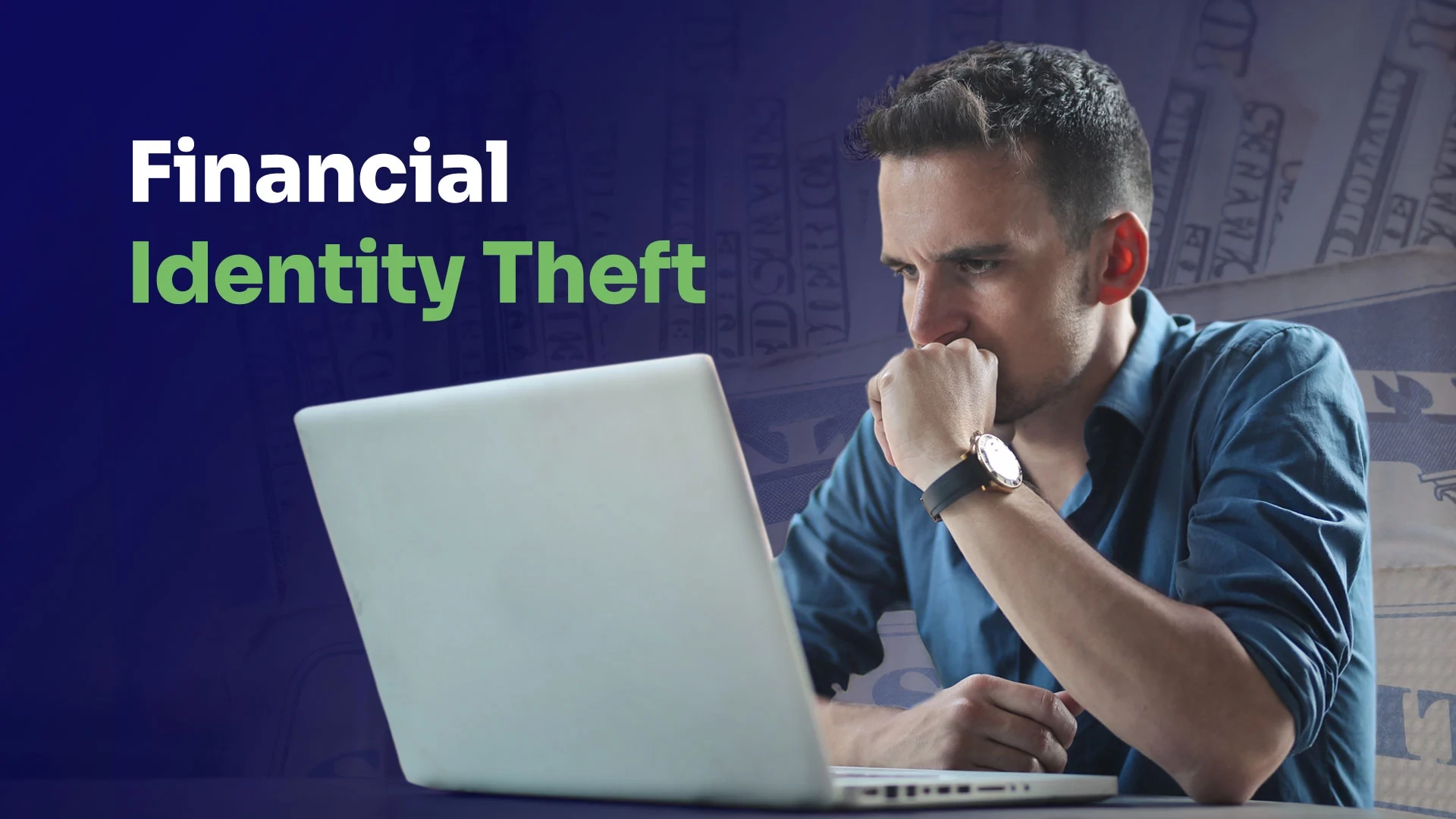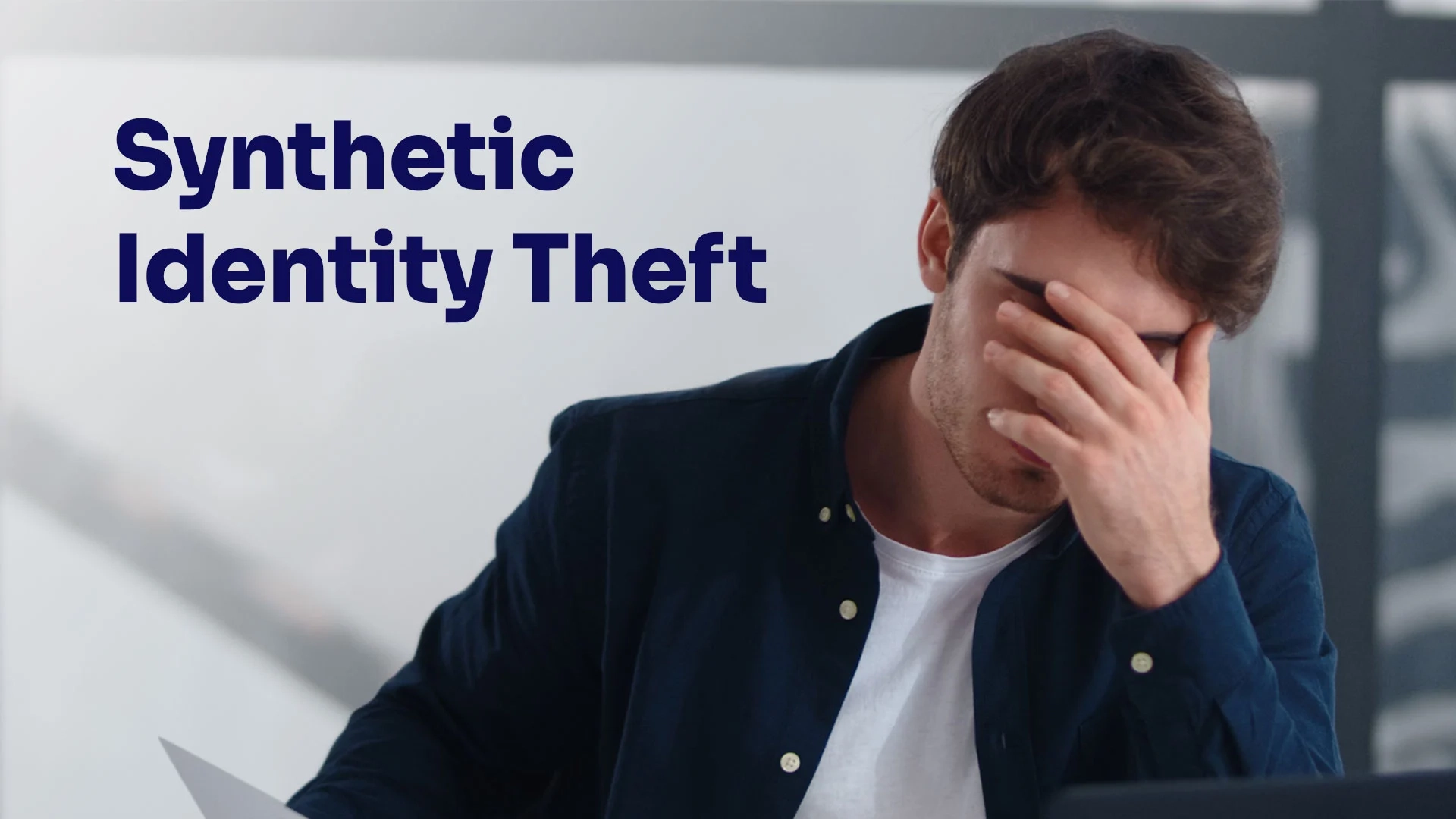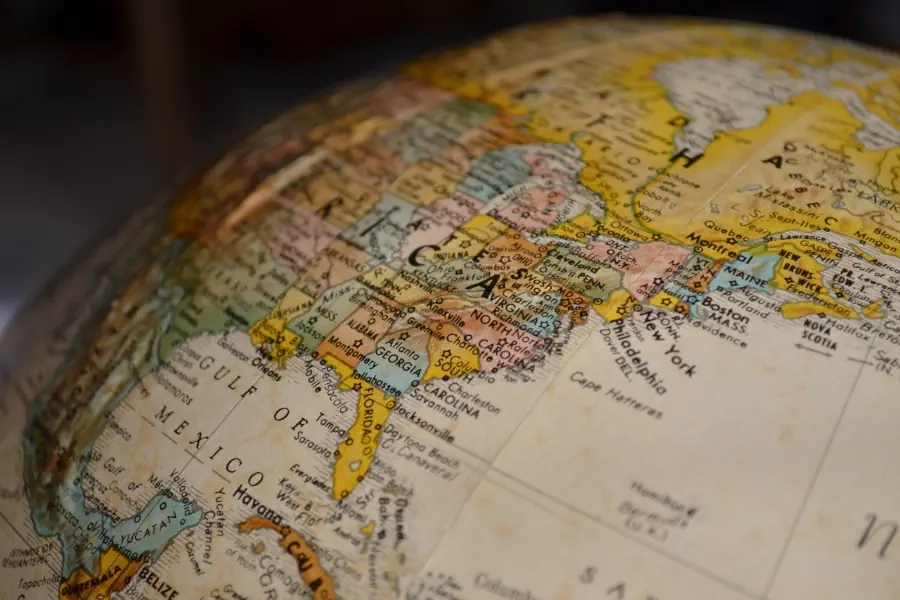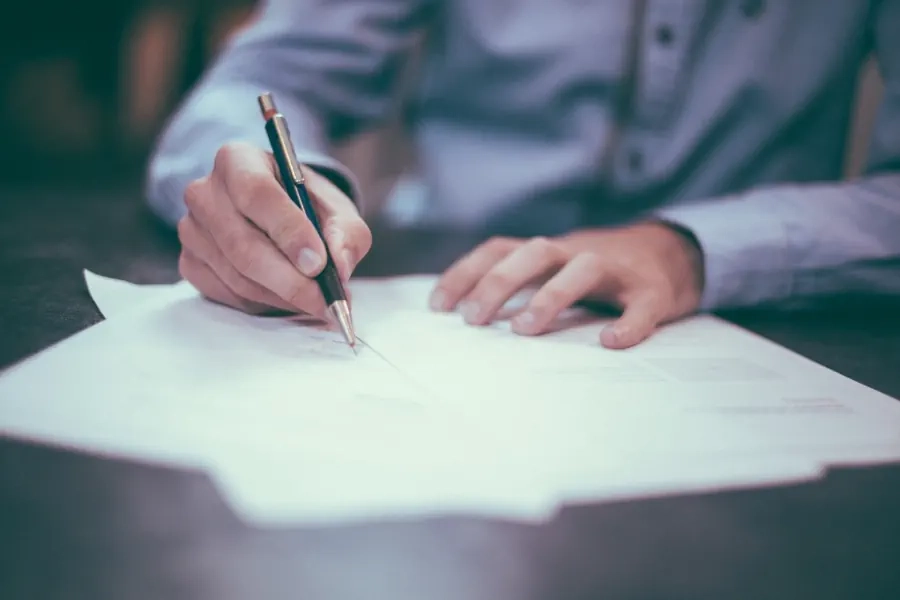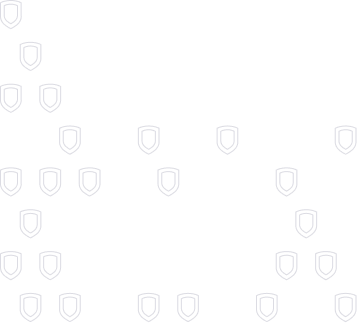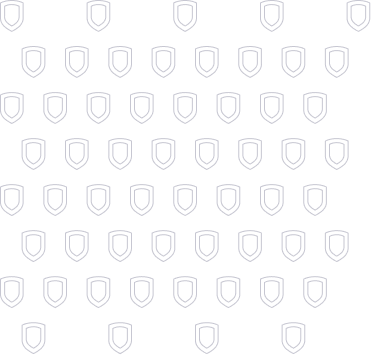Have You Ever Experienced an Unauthorized Withdrawal From a Bank Account?
- Blog
- Have You Ever Experienced an Unauthorized Withdrawal From a Bank Account?
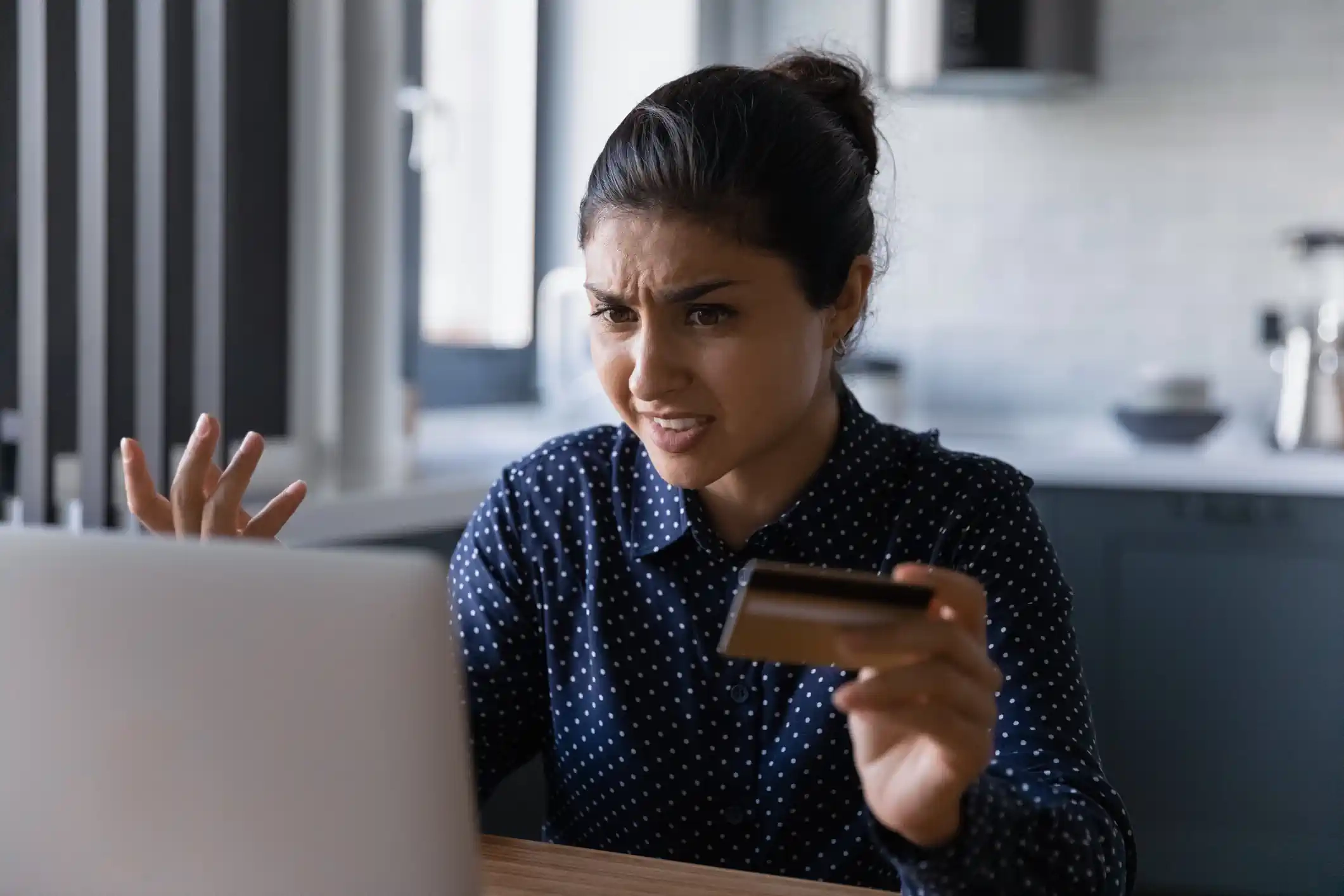
Unauthorized withdrawals are often a sure sign of identity theft. You need to deal with it quickly and thoroughly. Here’s how.
Any withdrawal from your bank account you did not approve is an unauthorized withdrawal. These withdrawals are jarring, scary, and, most importantly, a sign of identity theft. No matter the cause, you must address unauthorized bank account withdrawals. Here’s how to identify, prevent, and address unauthorized withdrawals. And how we can help.
When you scroll through your recent activity in your bank account, you can see the many ways and methods by which money can leave your account. We part ways with our money via debit card charges, online purchases, online transfers through Zelle, online transfers through Venmo, recurring charges, ATM withdrawals, and, sometimes, even paper checks. Technology makes banking more effortless than it used to be. Unfortunately, this means that unauthorized withdrawals have become easier, too. Seeing an unauthorized bank withdrawal while scrolling through your account is jarring.
As a consumer law firm, we too often see the devastating consequences of cybercriminals targeting consumers. We also see how things become even more devastating when the financial institutions that safeguard consumers fail. This article tells you what to do if someone withdraws money from your bank account and the best way to get money taken from your bank account without authorization back where it belongs.
How Unauthorized Charges Happen
Most unauthorized charges and bank withdrawals are the result of identity theft. Thieves can do this through elaborate schemes, like calling an unsuspecting consumer, identifying themselves as representatives of a large retail company, such as Amazon or eBay, and creating alarm by manufacturing suspicious activity within their target’s account.
In a recent case, these imposters made a victim transfer all their savings into an overseas account that belonged to the fraudsters. Another example is callers pretending to be representatives of a tech support company, such as Apple support service, calling to inquire about phony transactions made in an existing account – which, of course, does not exist. The callers offered the consumer a refund for the allegedly purchased tech support service and, in the process, took over the victim’s computer and infected it with malware that accessed the victim’s savings and checking accounts. They then continued engaging in unauthorized withdrawals from those bank accounts into their own accounts.
Sometimes, thieves are less sophisticated and are able to effectuate an unauthorized withdrawal from your bank account by stealing or finding your wallet. A recent case resulted from a stolen wallet, iPhone, and driver’s license during a consumer’s trip out of state. Their financial accounts were accessible through their phone, and upon returning home and regaining access to their computer, the consumer realized that they were locked out of their bank accounts. Upon visiting the bank’s nearest branch, the victim noticed a series of unauthorized bank and Zelle transfers.
However, those unauthorized charges or unauthorized check withdrawals get there, they are problematic.
How to Identify Unauthorized Charges on Your Account
To identify unauthorized charges on your account, you must regularly review your bank and credit card statements for transactions you do not recognize. Ask yourself, “Are there any charges I do not recognize?” and then, “Is this an unauthorized withdrawal from my bank account?”
Main Signs of Unauthorized Charges
Here are some things to look for
- Check for small amounts thieves might test you with before daring to make larger withdrawals.
- Verify each charge against your receipts and note any discrepancies or recurring payments lacking authorization.
- Be suspicious of vague or generic-sounding merchant names, as these can disguise fraudulent transactions.
- Set up account alerts to notify you of transactions in real-time. This gives you the chance to spot and report unauthorized activity quickly.
- When you find something suspicious, report it to your bank or credit card issuer immediately to investigate and secure your account.
What To Do If Someone Withdraws Money from Your Bank Account
Here’s what to do if you find unauthorized charges or unauthorized check withdrawals in your bank account.
Step 1: Notify Your Bank Immediately
The very moment you see unauthorized charges, contact your bank or financial institution. Most banks have a 24/7 hotline for reporting fraudulent activity. Speedy reporting is essential as it triggers the investigation process and likely limits your liability for unauthorized charges. Bank procedures vary in terms of how they handle this and what sort of evidence they need.
Step 2: Review Your Account and Transactions
While your bank investigates the unauthorized charges, do a more in-depth review of your recent transactions and account activity. Look for any irregularities or unauthorized charges. A more thorough review can help you determine if the unauthorized charges are an isolated incident or part of a more significant issue, such as identity theft.
Step 3: Secure Your Other Accounts
After reporting the unauthorized charges, follow your bank’s instructions regarding changing your account number, online banking password, and PIN. Do this for other accounts, too. Contact one of the three primary consumer reporting agencies (CRAs), Equifax, Experian, or TransUnion, and ask for a credit freeze. Whichever one you contact must contact the other two.
Do steps 1, 2, and 3 quickly and immediately after finding the unauthorized charges. Doing this speedily will help mitigate damage, assist in recovering lost funds, and prevent future unauthorized charges.
It is also never too early to contact a consumer protection attorney. There are laws, like the Fair Credit Reporting Act (FCRA), designed to protect consumers in precarious situations. If you’re asking, “Who is a FCRA attorney near me?” know that the attorneys at Consumer Attorneys represent people nationwide. Contacting us is easy. You will have questions. What about an unauthorized withdrawal from a business bank account? Can you sue for unauthorized charges? What is unauthorized credit card charges law?
We can answer those.
How to Prevent Unauthorized Withdrawals
Cybercriminals and those eager to prey on consumers are smart and sophisticated, so you must be too. Be suspicious of emails and phone calls that try to create fear and then ask you for account information. Review your accounts with frequency. Regularly review your credit reports to see if there is any suspicious activity. You can get a free credit report every week from the three main CRAs.
Contact Us for Assistance
Contact us anytime with any questions about your accounts, credit reports, background check reports, or any concerns you might have about fraud or unfair treatment by your bank or credit card company. Call us at 1-877-615-1725. Email us at [email protected]. Visit our website to talk to an online representative or fill out a form, and we will contact you.
Frequently Asked Questions

Daniel Cohen is the Founder of Consumer Attorneys. Daniel manages the firm’s branding, marketing, client intake and business development efforts. Since 2017, he is a member of the National Association of Consumer Advocates and the National Consumer Law Center. Mr. Cohen is a nationally-recognized practitioner of consumer protection law. He has a wealth of proven legal experience in the US in: collective claims, representing visually impaired people who believe their rights under the Americans with Disabilities Act have been violated in both the physical and digital environments, corporate governance and dispute resolution. Read more
Related Articles
